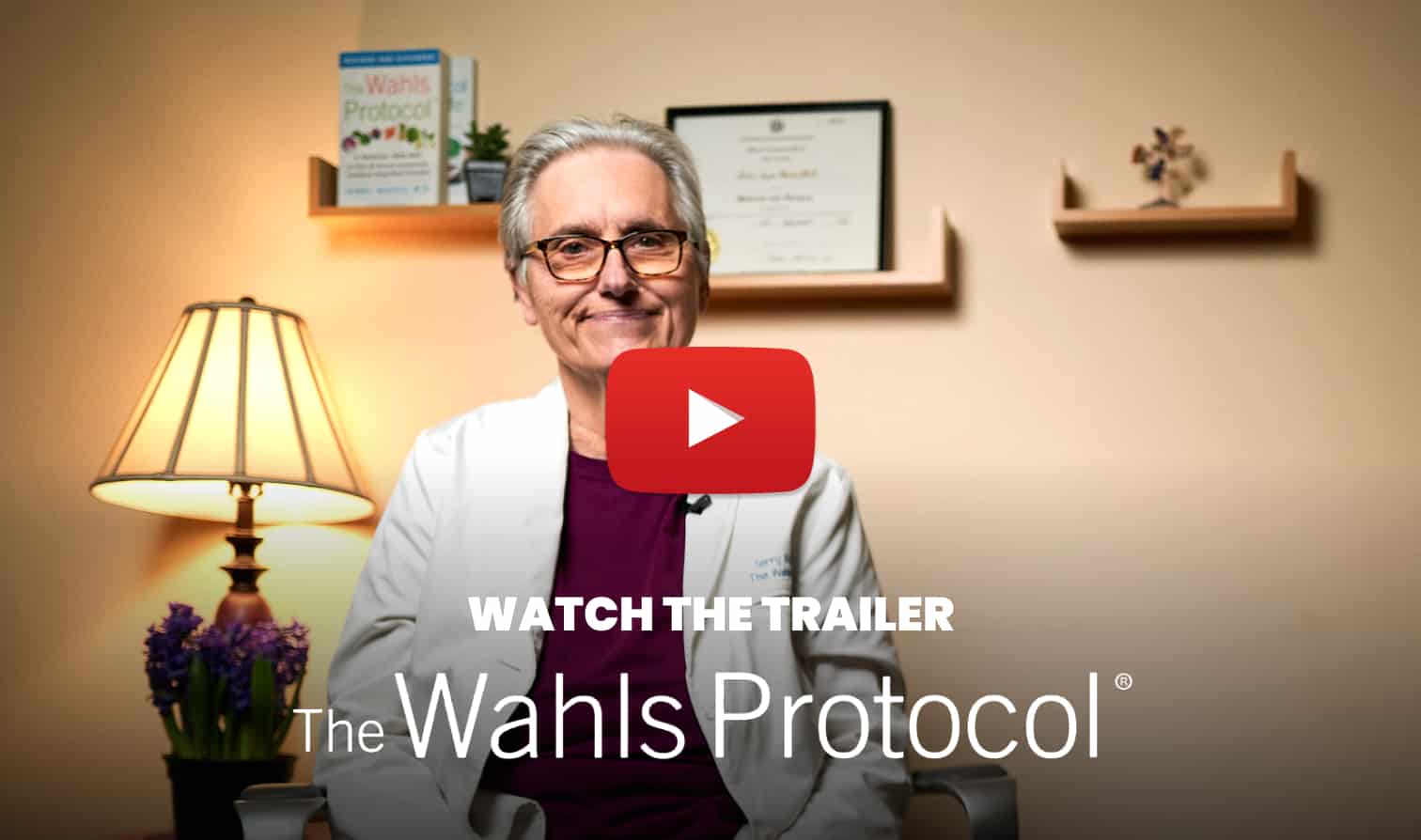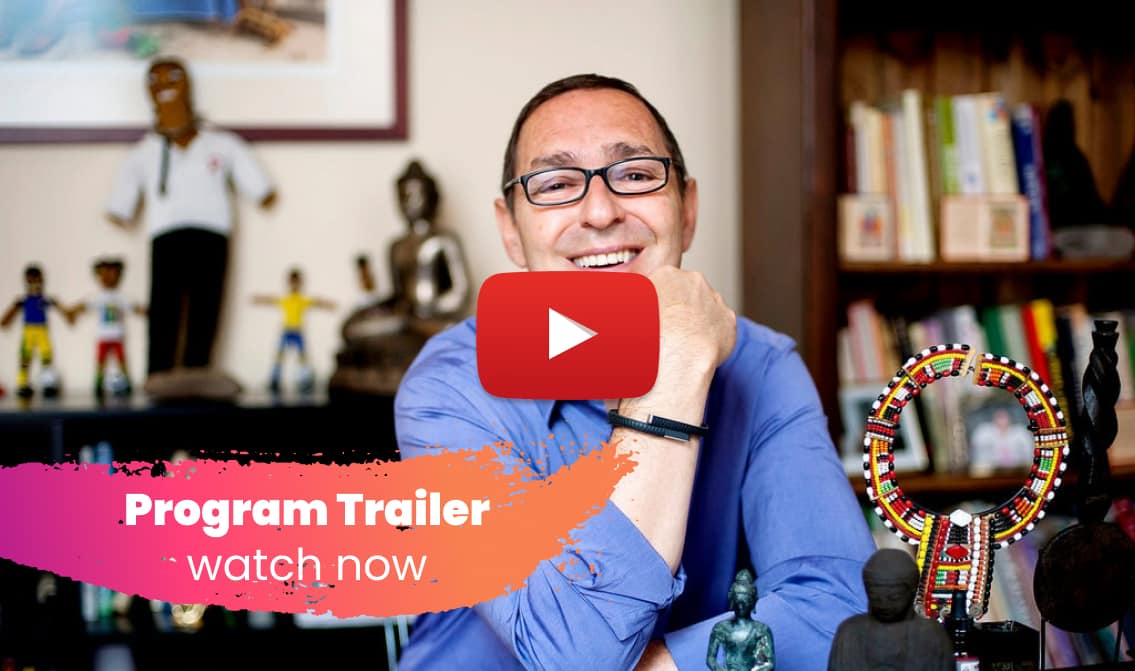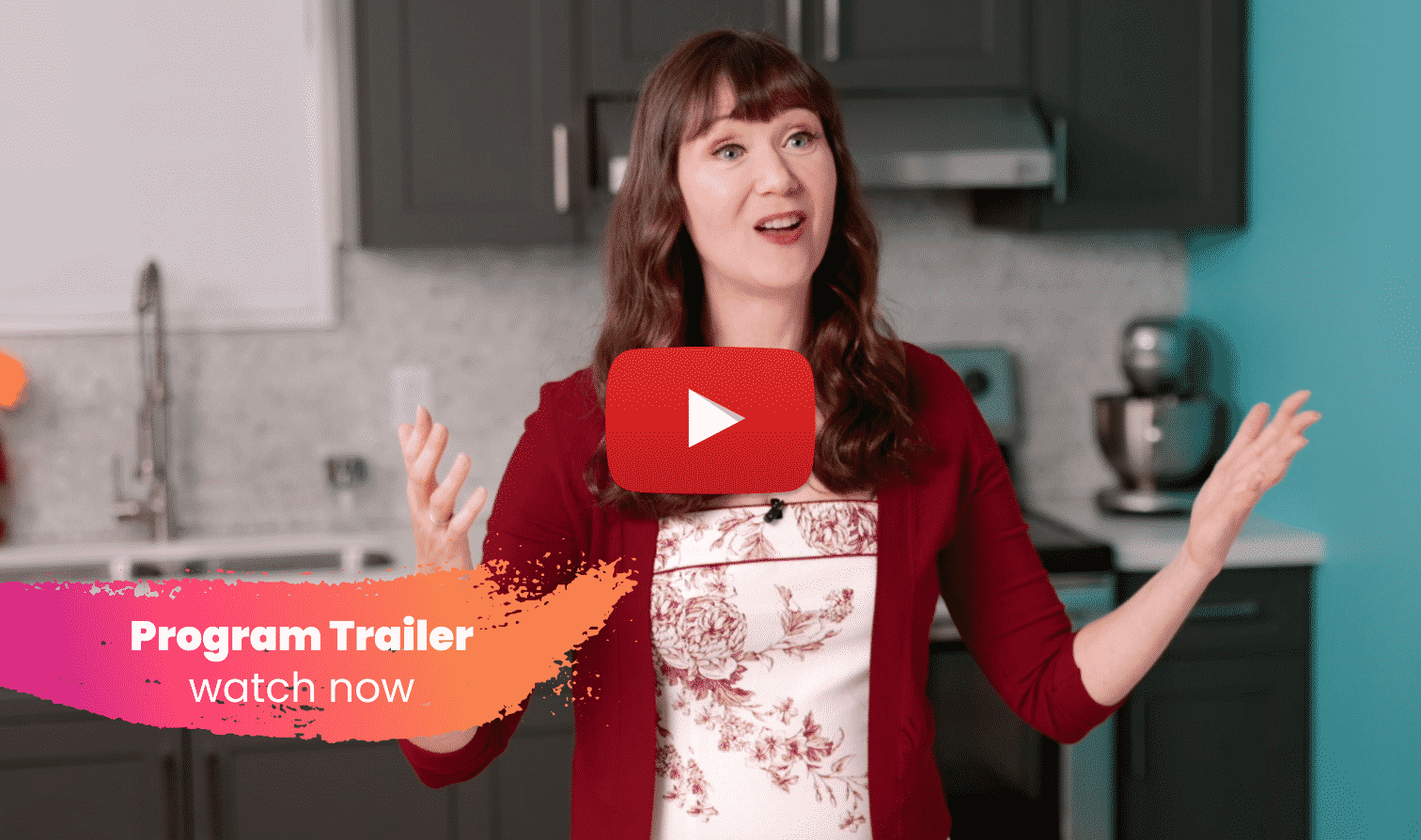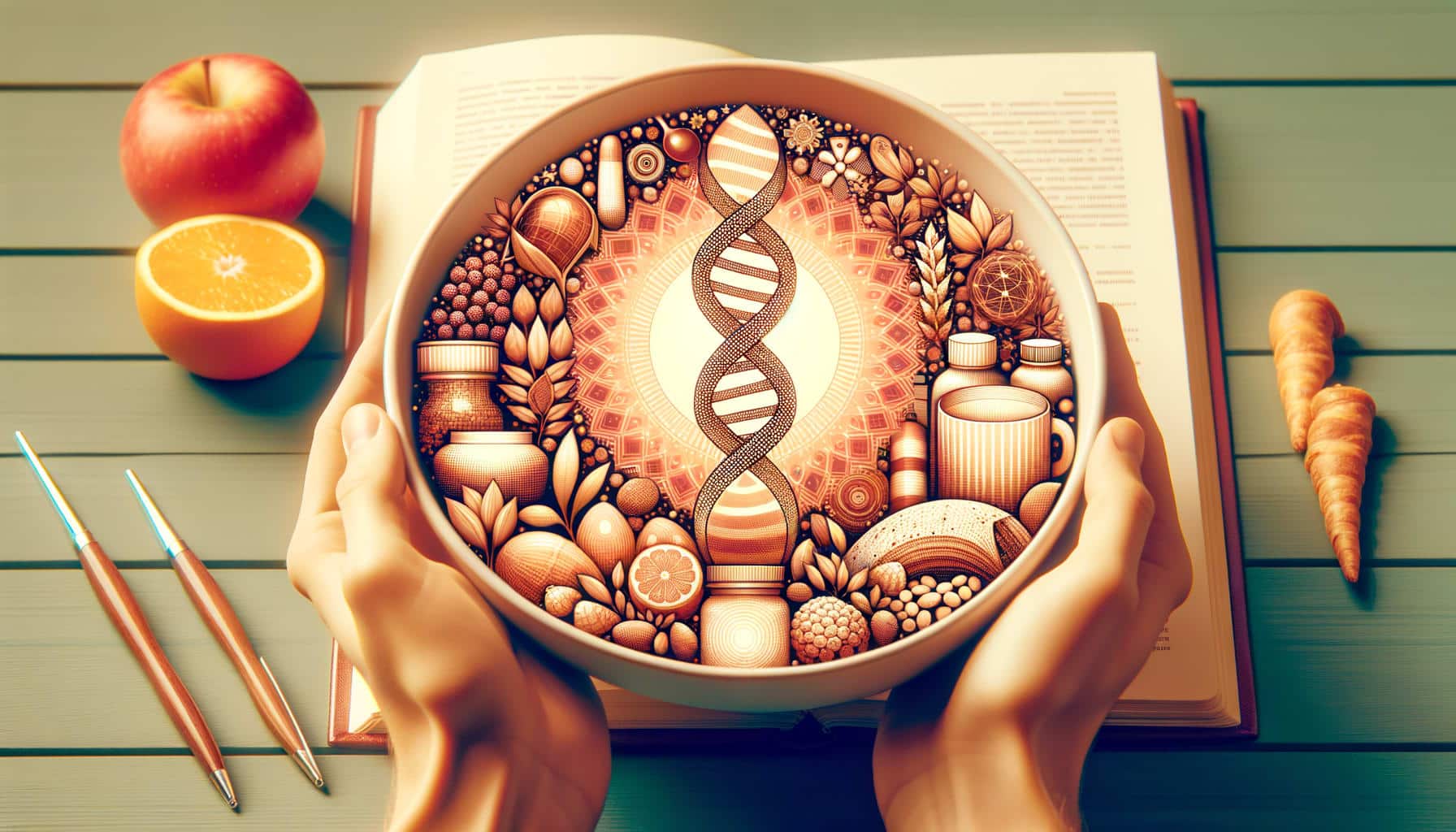In this article
An Overview of You, Happier
Who it’s for:
You, Happier is crafted for those who feel the weight of life’s challenges and seek a transformation towards joy. It’s for individuals who have experienced the shadows of stress, anxiety, or depression and are searching for a path to a brighter, more fulfilling life. Daniel Amen understands the yearning for happiness that resides in everyone’s heart.Mental Fog and Fatigue
The book acknowledges the silent battles many face with mental health conditions. Readers may be grappling with the fog of depression, the restlessness of anxiety, or the drain of chronic stress. You, Happier offers a hand to those seeking to lift the veil of mental fatigue and reclaim their vitality.A Journey to Joy
You, Happier is not just a book; it’s a journey. Daniel Amen provides a roadmap to happiness, guiding readers through the science of joy. The promise is clear: follow the path laid out in these pages, and you will find the tools to build a happier, healthier life.Themes of Brain Health and Well-being
The central themes of You, Happier revolve around the intricate connection between brain health and overall well-being. Daniel Amen emphasizes the power of nurturing our minds to foster happiness. He intertwines neuroscience with practical advice, illustrating how brain health is the cornerstone of joy.Key Takeaways
The most critical takeaways Daniel Amen imparts are actionable steps towards happiness. He stresses the importance of understanding your brain type, engaging in regular brain-healthy habits, and adopting a lifestyle that supports mental well-being. These are the pillars upon which a happier life is built.Top 15 Habits in You, Happier
Embarking on a journey to enhance well-being requires integrating specific habits into daily life. These habits are the building blocks for achieving the health goals outlined in You, Happier, addressing common struggles such as stress, anxiety, and depression. By adopting these practices, readers can expect to navigate closer to their aspirations for mental clarity and emotional balance.- Mindful Meditation
Engaging in regular meditation can significantly reduce stress and anxiety by calming the mind and promoting a state of peace. It helps in creating a buffer against the pressures of life. - Physical Exercise
Regular physical activity is crucial for brain health, improving mood, and reducing symptoms of depression. Exercise releases endorphins, which act as natural mood lifters. - Healthy Eating
Consuming a brain-healthy diet rich in omega-3 fatty acids, fruits, vegetables, and lean proteins can enhance cognitive function and mood stability. - Sleep Hygiene
Prioritizing sleep and establishing a consistent bedtime routine can improve mental sharpness and emotional resilience, as restful sleep is essential for brain regeneration. - Gratitude Practice
Keeping a gratitude journal or regularly reflecting on things you’re thankful for can shift focus from negative to positive, fostering a sense of contentment and happiness. - Social Connection
Building and maintaining strong relationships contribute to emotional well-being, providing support and reducing feelings of loneliness. - Brain Health Supplements
Taking supplements known to support brain health, such as vitamin D, fish oil, and probiotics, can complement a healthy diet and support overall mental wellness. - Learning New Skills
Challenging the brain by learning new skills or hobbies can prevent cognitive decline and provide a sense of accomplishment and joy. - Positive Thinking
Cultivating an optimistic outlook can alter the brain’s chemistry and lead to improved mental health outcomes. - Stress Management Techniques
Implementing stress-reduction strategies like deep breathing, yoga, or progressive muscle relaxation can help manage anxiety and stress. - Limiting Alcohol and Caffeine
Reducing intake of substances that can exacerbate anxiety and disrupt sleep can lead to more stable moods and better brain health. - Time in Nature
Spending time outdoors and in natural settings can reduce symptoms of stress and depression, enhancing feelings of well-being. - Brain Games and Puzzles
Engaging in activities that stimulate the mind, such as puzzles and games, can improve cognitive function and delay the onset of memory-related issues. - Volunteering and Altruism
Helping others can boost happiness levels and provide a sense of purpose and connection. - Professional Help
Seeking therapy or counseling when needed is vital for addressing mental health issues and developing strategies for coping with life’s challenges.
Run a Nutrition Challenge on MasterHealth
High Protein, Eat Veggies, Time Restricted Eating, and more…
Learn More
10 Products Daniel Amen Recommends in You, Happier
There are also specific products that can play a supportive role in achieving optimal brain health and happiness, as mentioned in You, Happier. These products, often integrated into daily routines, can enhance the lifestyle changes and nutritional habits that form the core of Amen’s advice.- Brain-Enhancing Games
Products like brain-training software are designed to improve cognitive functions, with studies suggesting they may help in maintaining brain agility and potentially slow cognitive decline. - Meditation Apps
Meditation apps provide guided sessions that can help users establish a consistent meditation practice, which is linked to reduced stress and improved emotional health. - Sleep Aids (view products)
Items like blackout curtains or white noise machines can create an optimal sleep environment, which is crucial for brain health and mood regulation. - Fitness Equipment (view products)
Home exercise equipment, such as treadmills or stationary bikes, encourages regular physical activity that is known to boost endorphins and improve mental health. - Journals (view products)
Gratitude or reflection journals can facilitate the daily practice of mindfulness and positivity, which are associated with increased happiness and reduced stress. - Ergonomic Furniture (view products)
Ergonomically designed chairs and desks can reduce physical strain during work, which indirectly supports mental well-being by minimizing discomfort and pain. - Air Quality Products (view products)
Air purifiers can improve indoor air quality, potentially reducing the risk of neuroinflammation and supporting overall cognitive function. - Light Therapy Lamps (view products)
These lamps are used to combat seasonal affective disorder (SAD) and can regulate mood by mimicking natural sunlight, which may affect neurotransmitter levels. - Cookware for Healthy Eating (view products)
High-quality cookware supports the preparation of brain-healthy meals, which are rich in nutrients essential for cognitive function and mood support. - Social Connection Tools
Technology products that help maintain social connections, such as smartphones or video conferencing software, can alleviate feelings of loneliness and support emotional health.
You, Happier Food List: 6 Most Important Foods
In You, Happier, Daniel Amen emphasizes the importance of nutrition for mental health and overall well-being. The following list outlines specific foods recommended in the book to support health goals, each with its own set of benefits that align with the principles laid out by Amen.- Fatty Fish
Rich in omega-3 fatty acids, fatty fish like salmon and sardines are crucial for brain health. Omega-3s are known to reduce inflammation and are linked to a lower risk of depression, cognitive decline, and other mental health conditions. - Berries
Packed with antioxidants, berries such as blueberries and strawberries can help combat oxidative stress and inflammation, which are associated with various chronic diseases and cognitive impairments. - Leafy Greens
Vegetables like spinach and kale are high in vitamins, minerals, and fiber. They support cognitive health and may help slow cognitive decline due to their high levels of brain-protective nutrients. - Nuts and Seeds
Almonds, walnuts, and flaxseeds, for example, provide healthy fats, proteins, and fiber. They contribute to heart health, which is closely linked to brain health, and some, like walnuts, contain omega-3 fatty acids. - Whole Grains
Foods such as brown rice, quinoa, and oatmeal are high in fiber and have a low glycemic index. They help maintain steady blood sugar levels, which is important for brain function and mood regulation. - Legumes
Beans, lentils, and chickpeas are excellent sources of protein and fiber. They support steady blood sugar levels and are associated with improved mood and brain health due to their complex carbohydrates and essential nutrients.
Is Daniel Amen a Real Doctor?
The legitimacy of Daniel Amen’s credentials is a question that echoes through the corridors of online forums and social media. Dr. Daniel Amen is indeed a real physician, a psychiatrist to be precise, with a medical degree from Oral Roberts University School of Medicine. Despite his authentic qualifications, some skeptics question the methods he employs at his Amen Clinics, particularly the use of SPECT scans to diagnose and treat psychiatric conditions.The controversy stems not from his medical degree but from debates within the medical community about the efficacy of his approach. Daniel Amen stands as a polarizing figure, with a substantial following of those who swear by his methods and critics who challenge the scientific basis of his practices.
Does You, Happier Really Work?
People often wonder if the strategies outlined in You, Happier can genuinely lead to a more fulfilled life. Daniel Amen’s book is not a magic pill; it’s a guide that requires commitment and consistency from its readers. The skepticism is understandable, as the promise of happiness in a book seems too good to be true.However, Amen’s recommendations are rooted in neuroscience and his extensive experience as a psychiatrist. It’s important to remember that individual results will vary, and what works for one person may not work for another. The book has its advocates who report significant improvements in their well-being, which suggests that for many, the principles within its pages resonate deeply.
Are Amen’s Supplements Necessary?
The role of supplements in achieving the health goals set out in You, Happier often leads to confusion. Daniel Amen advocates for a brain-healthy lifestyle, which includes a balanced diet, exercise, and yes, sometimes supplements. However, some readers are left wondering if they are a mandatory part of the program.It’s crucial to understand that while supplements can provide additional support, they are not a substitute for the fundamentals of good nutrition and healthy living. Amen’s approach is holistic, and supplements are just one piece of the puzzle, meant to fill in nutritional gaps that diet alone might not cover.
Can Brain Scans Improve Mental Health?
The use of brain scans, specifically SPECT imaging, is one of the most debated aspects of Daniel Amen’s practice. Critics argue that the application of this technology for psychiatric diagnosis is not widely accepted in the medical community. However, Daniel Amen believes that these scans can reveal important information about brain function, which can then inform a more tailored treatment plan.The idea is compelling, but it’s essential to approach it with an understanding that it is one tool among many in the realm of mental health care. While some patients report positive outcomes, the scientific community continues to discuss and research the validity and utility of SPECT scans in this context.
Is Daniel Amen’s Approach Too Commercial?
Daniel Amen’s multifaceted approach to mental health, which includes books, clinics, and a line of supplements, sometimes draws criticism for being overly commercial. Detractors suggest that the commercial aspect may overshadow the scientific validity of his methods. On the other hand, supporters appreciate the accessibility of his resources and the practical nature of his advice.The heart of the matter is whether the commercial elements of Amen’s work enhance or detract from the core message of improving mental health. While opinions vary, the enduring popularity of Amen’s books and clinics indicates that many find value in what he offers, commercial or not.
Books Similar to You, Happier
The Brain’s Way of Healing by Norman Doidge
The Brain’s Way of Healing explores the concept of neuroplasticity, the brain’s ability to change its own structure and function in response to mental experience. Author Norman Doidge, a psychiatrist and psychoanalyst, presents various case studies and scientific findings to demonstrate how the brain can heal itself from a variety of neurological and psychological challenges. Similar to You, Happier, this book explores the science of the brain and offers hope for those suffering from mental health issues.However, it differs in its focus on neuroplasticity and physical brain changes rather than specific lifestyle changes aimed at increasing happiness.
Change Your Brain, Change Your Life by Daniel G. Amen
Change Your Brain, Change Your Life is another book by Daniel Amen, which predates You, Happier. In this book, Amen discusses how brain health is central to all health and success and provides insights into how changing one’s brain can indeed change one’s life. It shares similarities with You, Happier in its focus on brain health and its practical advice for improving mental well-being.The difference lies in its broader scope, addressing a wide range of psychological issues beyond the pursuit of happiness.
Brain Maker by David Perlmutter
Brain Maker, written by neurologist David Perlmutter, focuses on the critical role of the gut microbiome in brain health. Perlmutter explains how intestinal microbes can help heal and protect the brain, potentially leading to improvements in neurological and mental health. Like You, Happier, Brain Maker emphasizes the connection between physical health and mental well-being.The main difference is Perlmutter’s emphasis on gut health as the key to brain health, whereas Amen focuses more broadly on lifestyle factors that contribute to happiness.
Spark: The Revolutionary New Science of Exercise and the Brain by John J. Ratey
Spark offers an in-depth look at the transformative effects of exercise on the brain. Author John J. Ratey, a clinical psychiatrist, presents research showing how physical activity can improve learning, alleviate stress, combat anxiety, and sharpen intellect. Similar to You, Happier, Spark promotes the idea of lifestyle changes for better mental health, with a particular emphasis on the benefits of exercise.The difference is that Ratey’s book is more narrowly focused on exercise as the primary tool for enhancing brain function.
10% Happier by Dan Harris
10% Happier is a memoir by ABC News anchor Dan Harris, recounting his journey through the worlds of spirituality and self-help and how he ultimately found peace in meditation. The book shares the theme of personal growth and increased happiness with You, Happier. However, it differs in its approach, offering a more personal narrative and a focus on mindfulness and meditation as the paths to happiness, rather than the broader lifestyle and dietary changes suggested by Amen.About this book summary
This summary was prepared by our team at MasterHealth to the best of our knowledge. Please reach out to our team for any corrections to the content should you feel any of the information is not accurate.We work with many health & fitness professionals, who actively run group and community based programs on MasterHealth. Ask how we can help you build and amplify your business.
For health seekers, please ensure to ask your personal health care providers before making changes to your health habits and supplements; use of the information provided on this page and website does not constitute medical advice or similar professional health service advice.














